On April 14, 2025, Katy Perry boarded Blue Origin’s NS-31 mission, joining a crew of six women– including journalist Gayle King, philanthropist Lauren Sánchez, aerospace executive Aisha Bowe, activist Amanda Nguyen, pilot Kerianne Flynn, and media personality Lauren Sánchez– for what was hailed as a historic, all-female spaceflight. They soared just past the Kármán line for about ten minutes of zero gravity, and then returned to Earth to a media frenzy of applause and admiration.
Now, I’m not going to pretend this wasn’t a notable moment. It was. This was the first all-women spaceflight since 1963, and on paper, that sounds like progress. But let’s be honest: this wasn’t a milestone of inclusion– it was a luxury retreat for the elite, labeled as empowerment.
What we witnessed was not about expanding access to space or uplifting underrepresented voices. It was about branding. It was a spectacle of rich, connected women using billionaire-funded rockets as backdrops for PR and personal legacy-building. Perry revealed her new tour setlist mid-flight. Gayle King literally kissed the dirt upon return. The whole thing felt like a marketing stunt masquerading as a feminist achievement.
Meanwhile, back on Earth, most people are struggling.
We are living in a moment of staggering inequality. People are rationing insulin. Student debt is crushing an entire generation. Tariffs are dragging the economy toward a slowdown. ICE is deporting countless numbers of immigrants a day. Climate disasters are displacing entire communities. And while we’re figuring out how to afford groceries, Katy Perry is floating above the stratosphere with a film crew in tow.
And somehow, we’re being told this is inspiring?
Let’s call it what it is: this was space tourism for the wealthy dressed up in girlboss rhetoric. The attempt to paint this as “breaking barriers” feels not only hollow, but also insulting. When empowerment becomes a buzzword that can be bought by billionaires, we have to ask ourselves who these performances are really for. Certainly not for the working-class women trying to survive paycheck to paycheck. Certainly not for the girls dreaming of becoming scientists or astronauts without generational wealth behind them.
Representation matters–but only if access comes with it.
Blue Origin and the media want us to believe this was a moment of progress. But if progress is only available to the ultra-rich, is it really progress? When a seat on a rocket costs more than most people’s lifetime earnings, we’re not witnessing inclusion– we’re witnessing exclusion at its most dazzling.
Perry’s space-float sing-along might have been sweet, but it does nothing to change the fact that space has become another playground for the rich. Like private islands and yachts, outer space is now something to be consumed by only those who can afford it.
And here’s the real kicker: this wasn’t even about science. There was no new research, no breakthrough experiment. Just a ten-minute ride, a camera crew, and some post-flight photo ops. In an era where real public investment in science is being slashed, where actual astronauts are underpaid and under-recognized, this feels less like a step forward and more like a step into absurdity.
The truth is, it’s not enough to “make history” if it only benefits the already powerful.
Until space exploration is centered around accessibility and collective advancement– not just elite novelty– it will remain what NS-31 was: a show. And not a particularly inspiring one.
We don’t need more celebrities in space. We need a world where the people struggling on the ground are finally seen, heard, and prioritized.



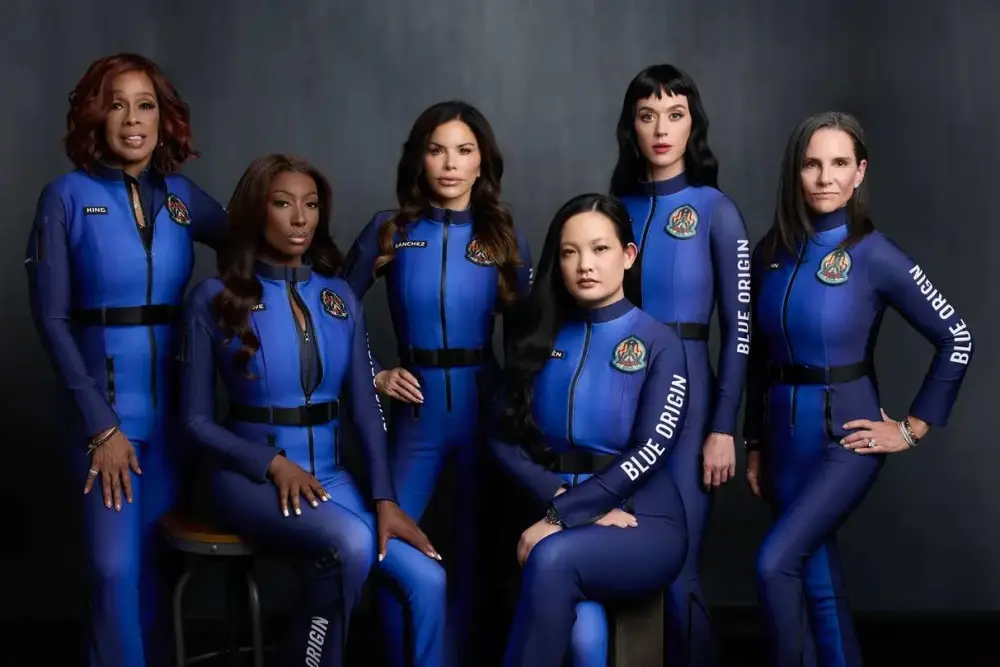


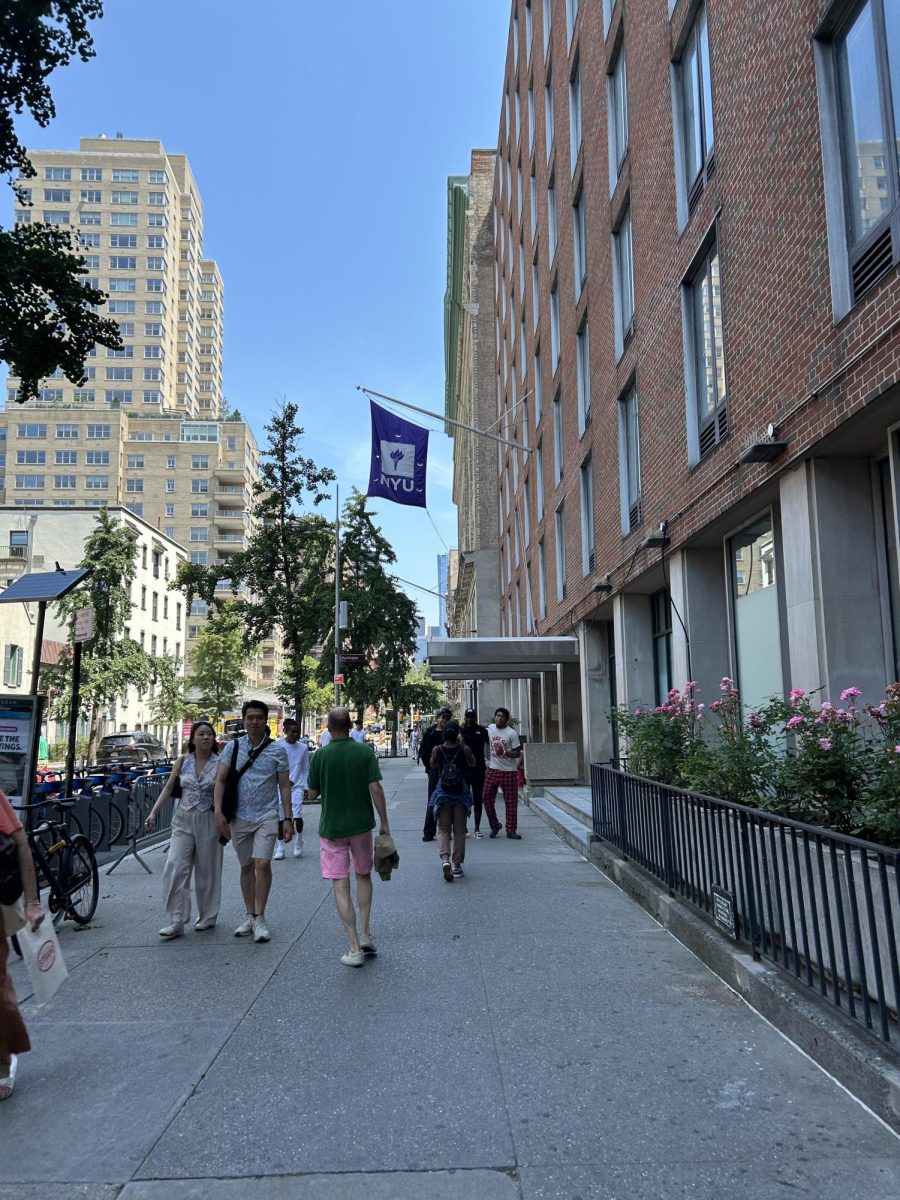



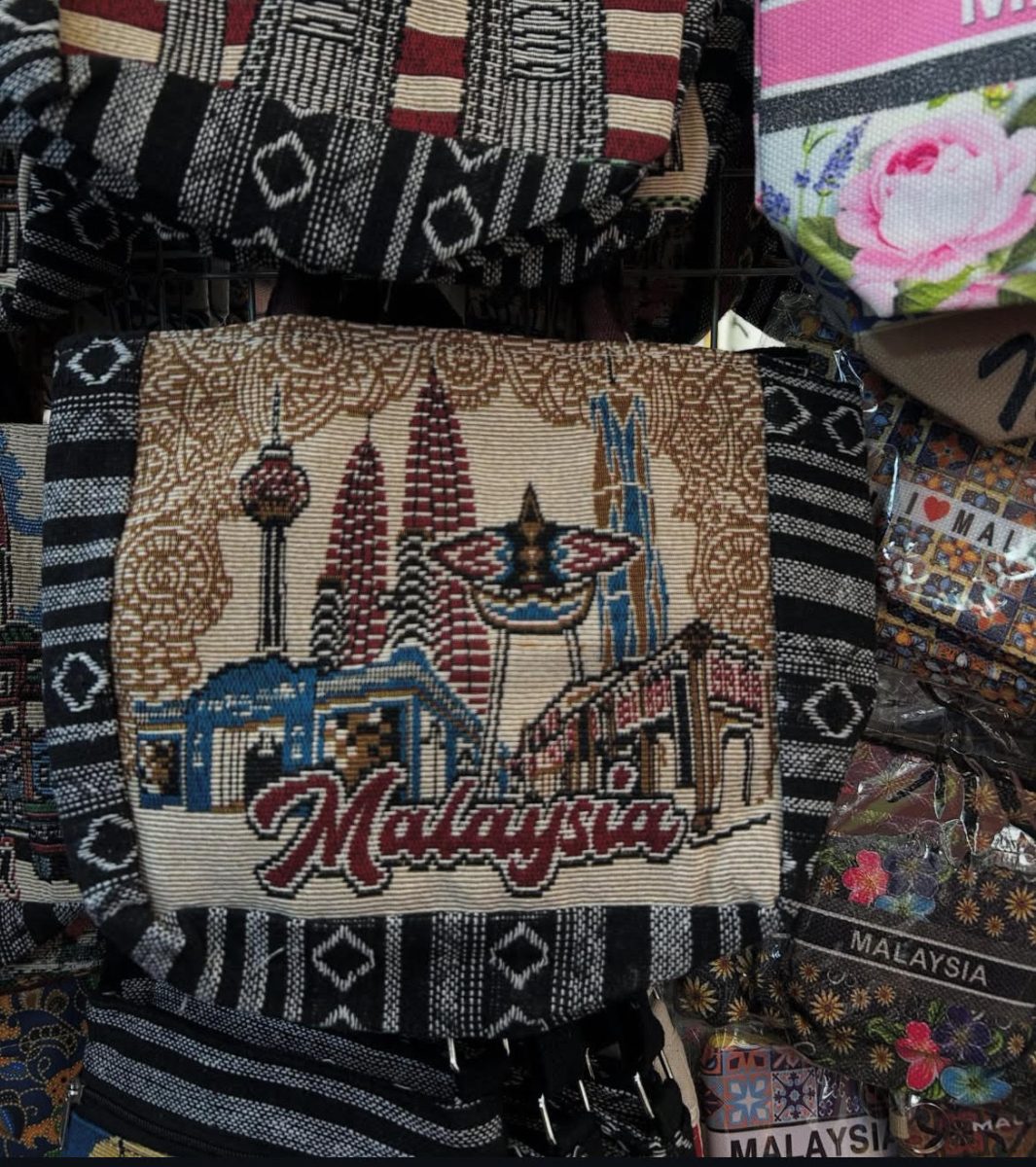

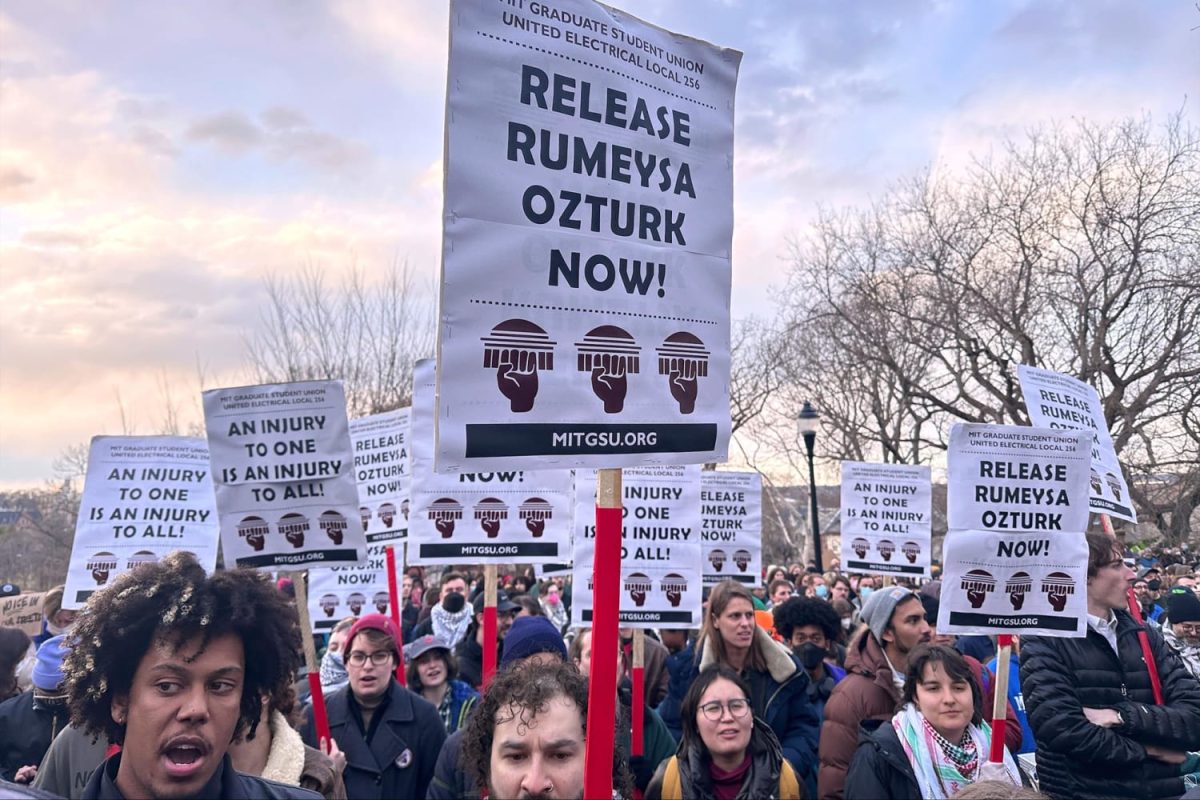


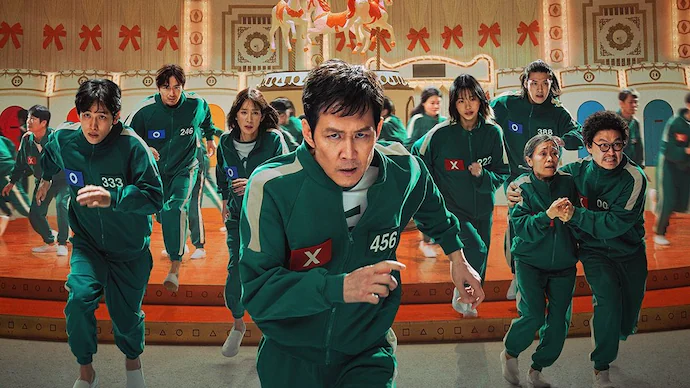



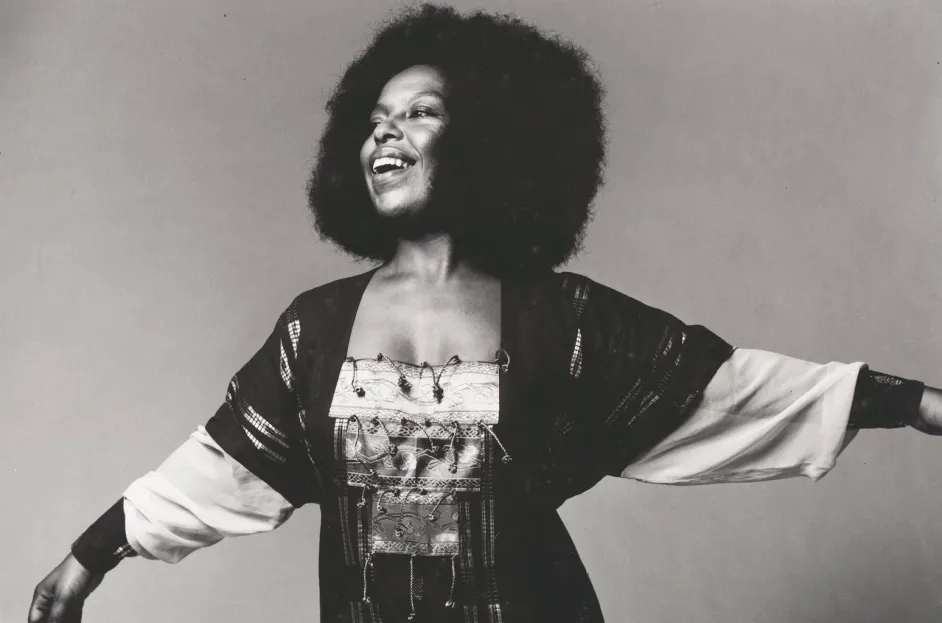

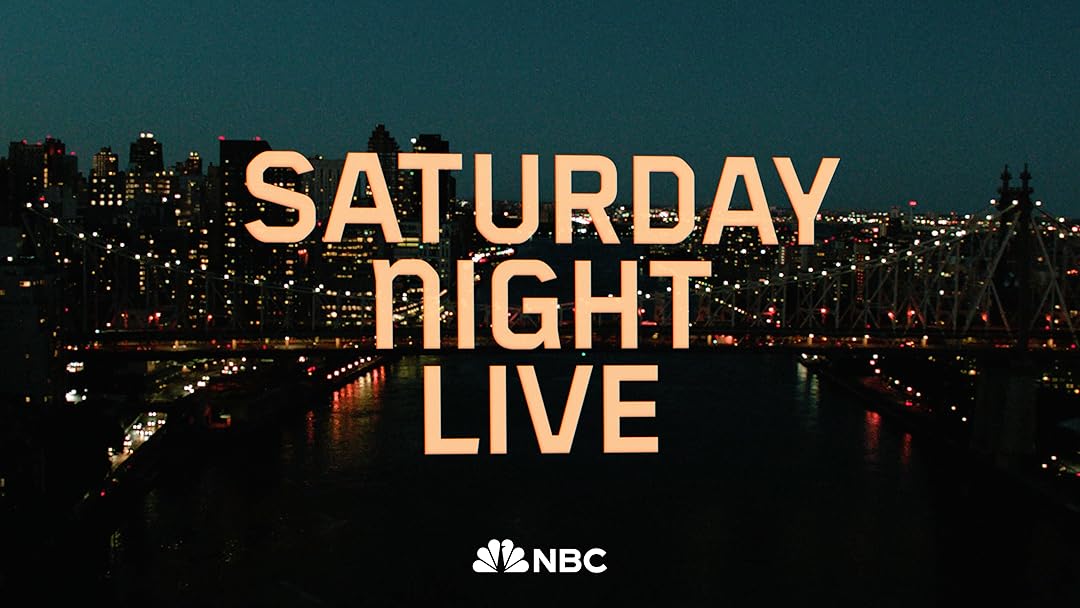
Mark W Dixon • May 12, 2025 at 1:50 pm
Spot on.
Truly. Spot on.
Chelsea Long • May 12, 2025 at 1:52 pm
Thank you SO much!!!
M.A.Landry • Apr 19, 2025 at 6:22 pm
Chelsea, You are right on target and wise beyond your years! Keep up the good work! We need more honest, tell-it-like-it-really-is reporting in this country and around the world!
Chelsea Long • May 8, 2025 at 11:45 am
Thank you so much, I really appreciate your kind words!